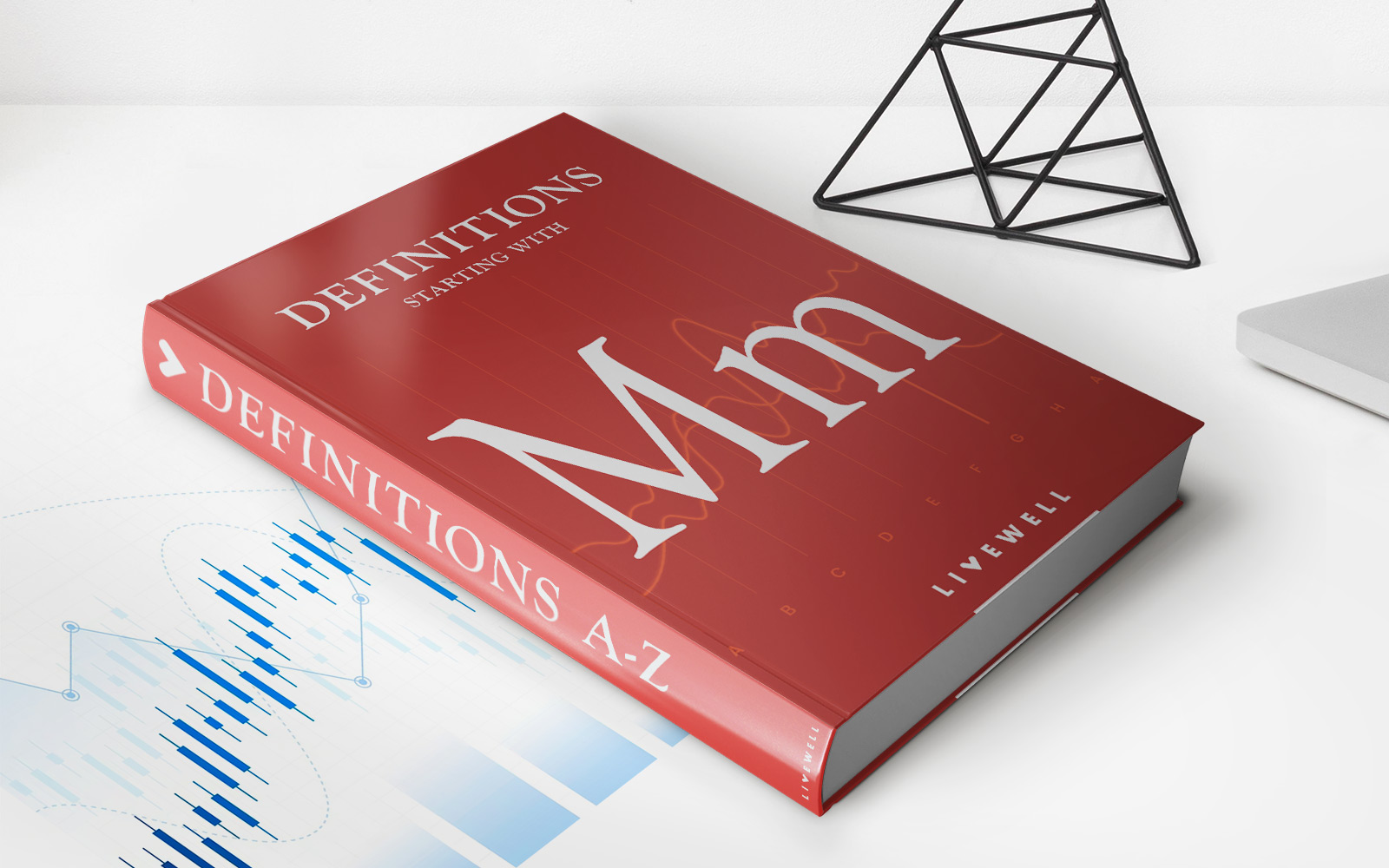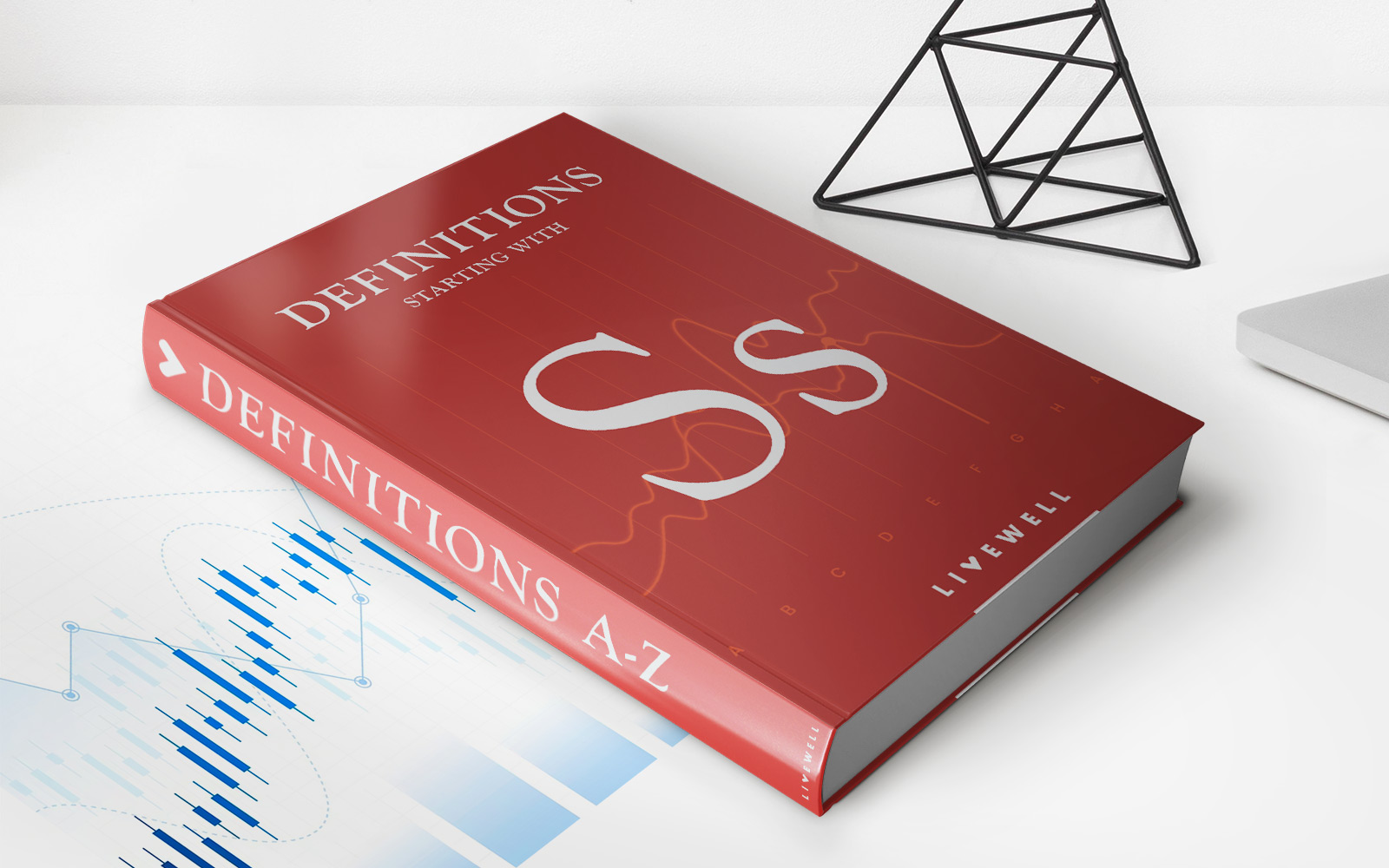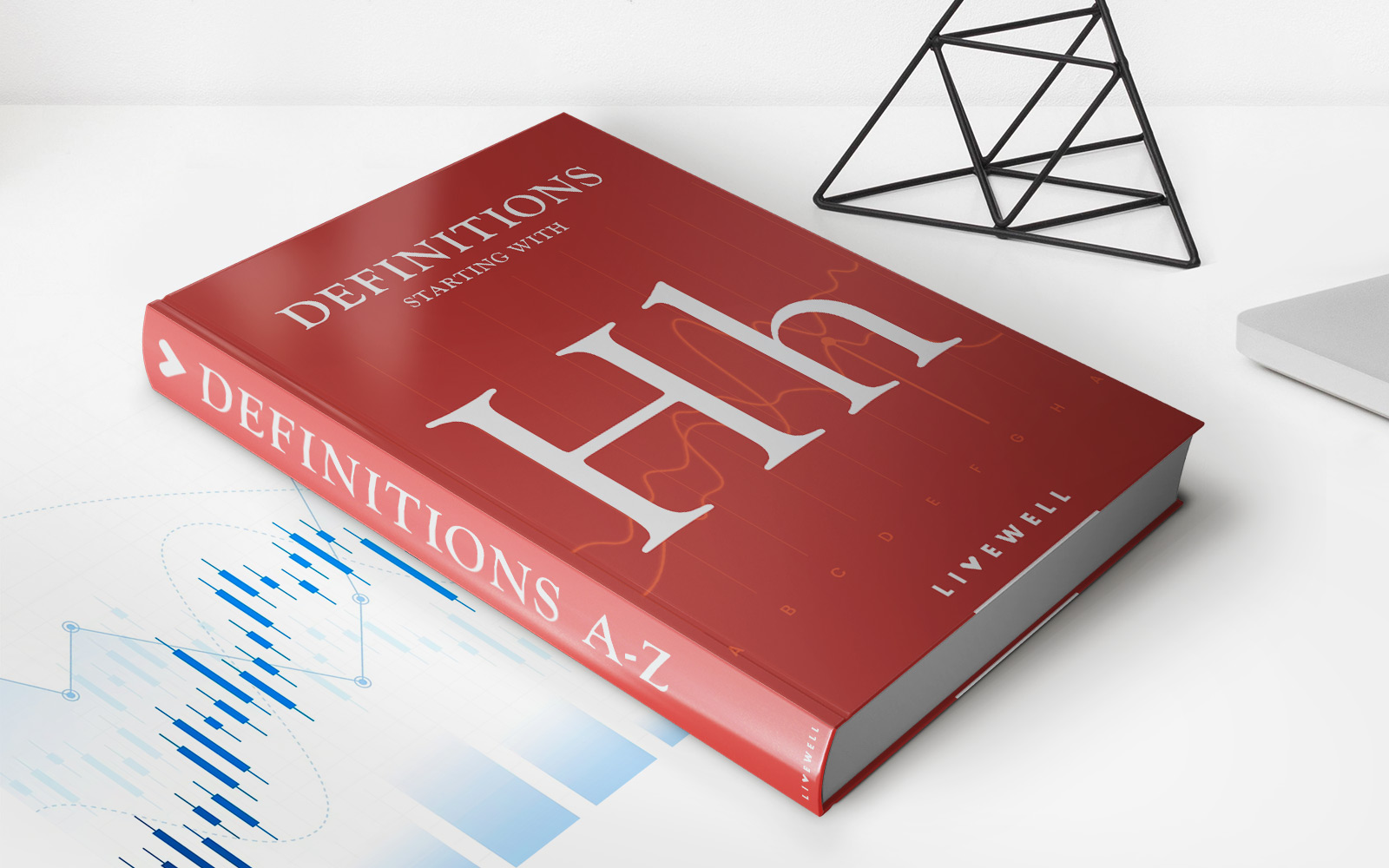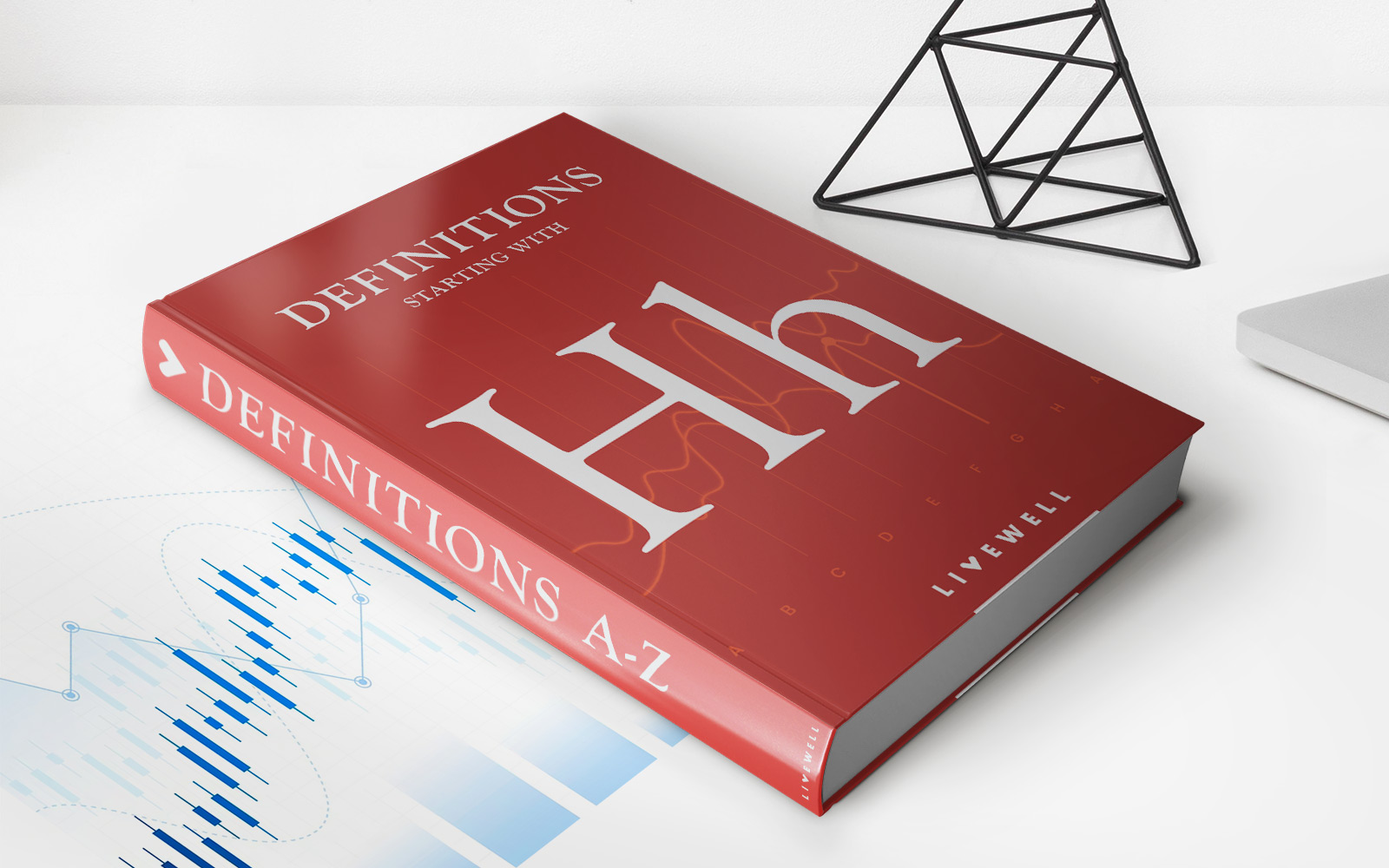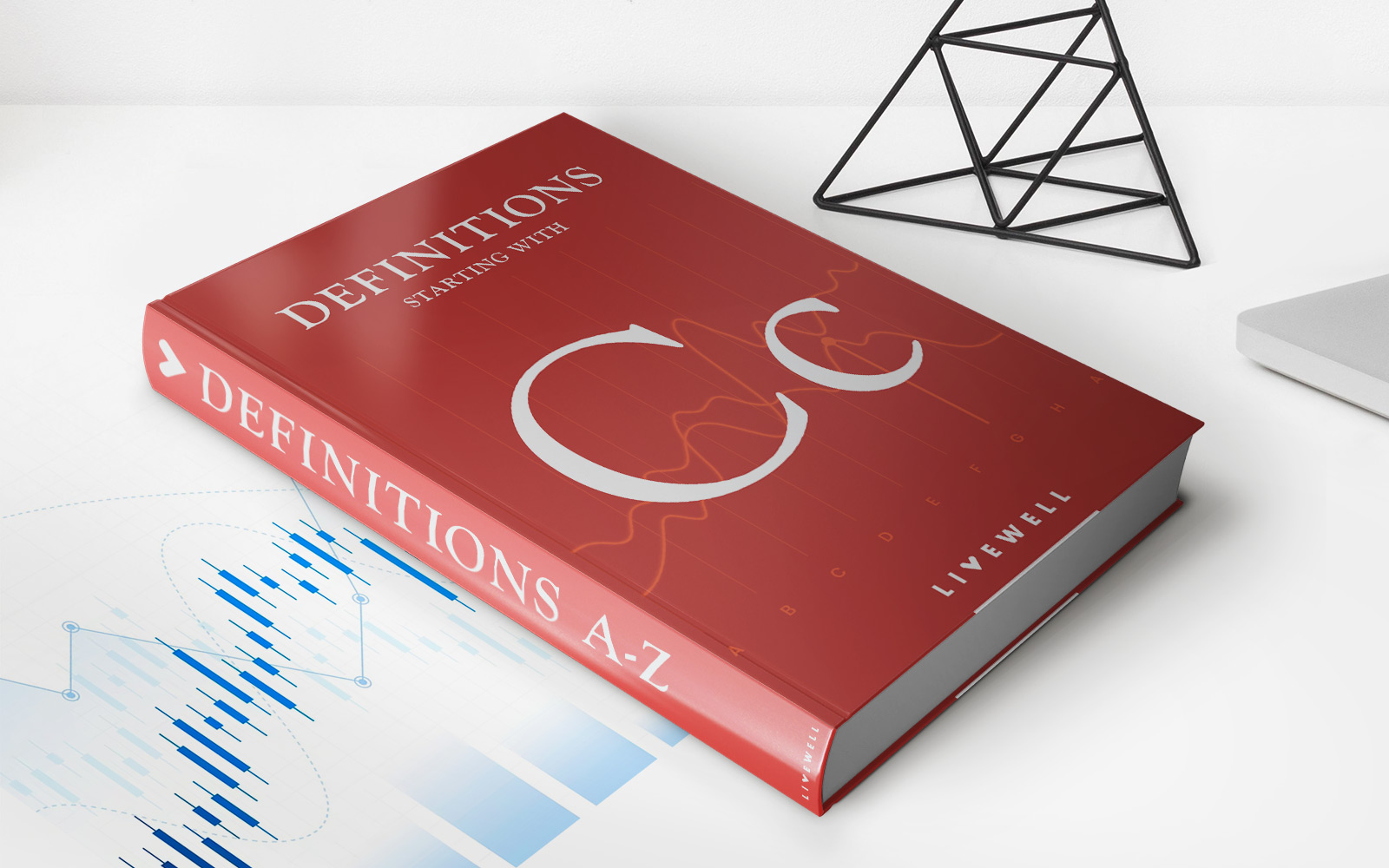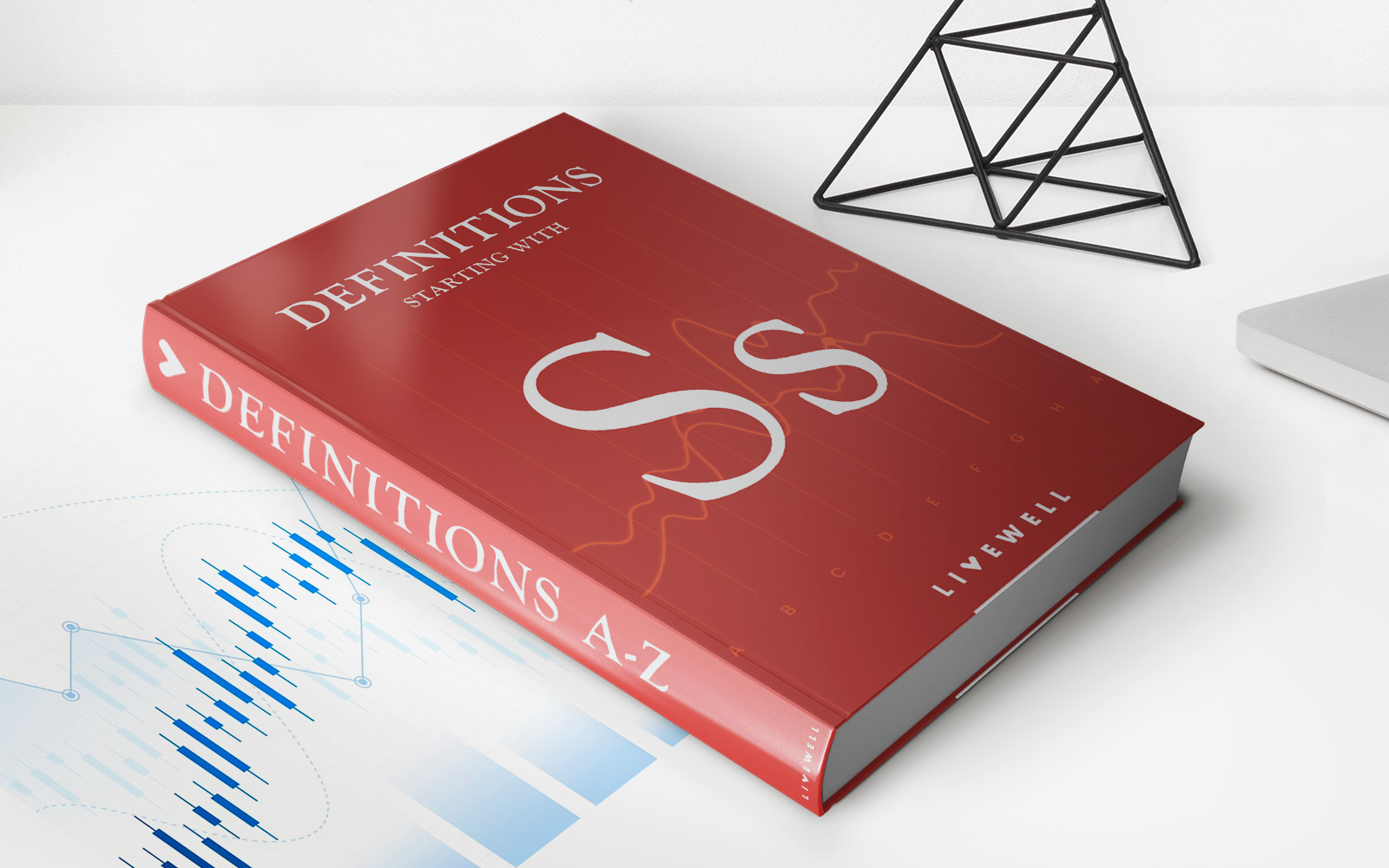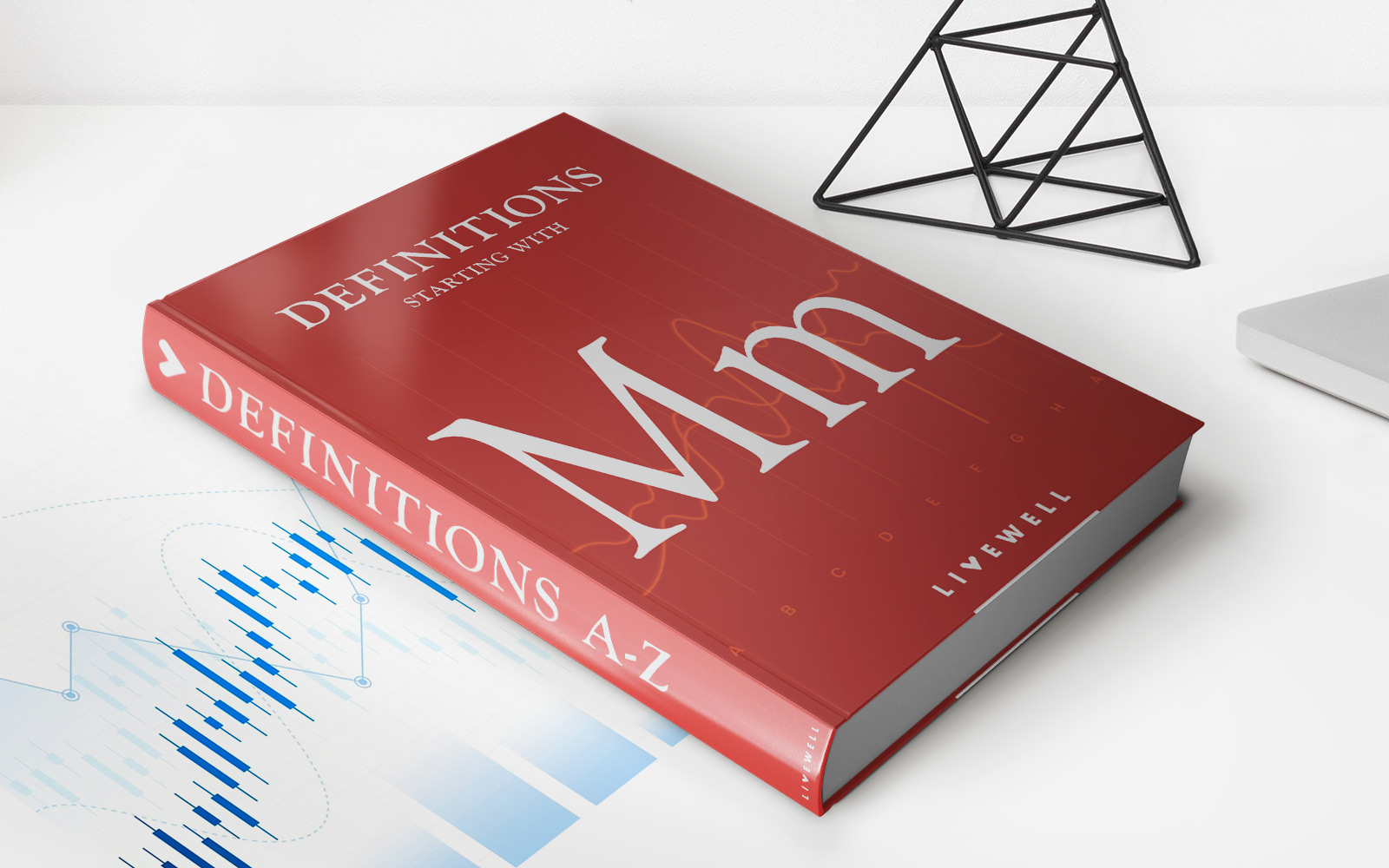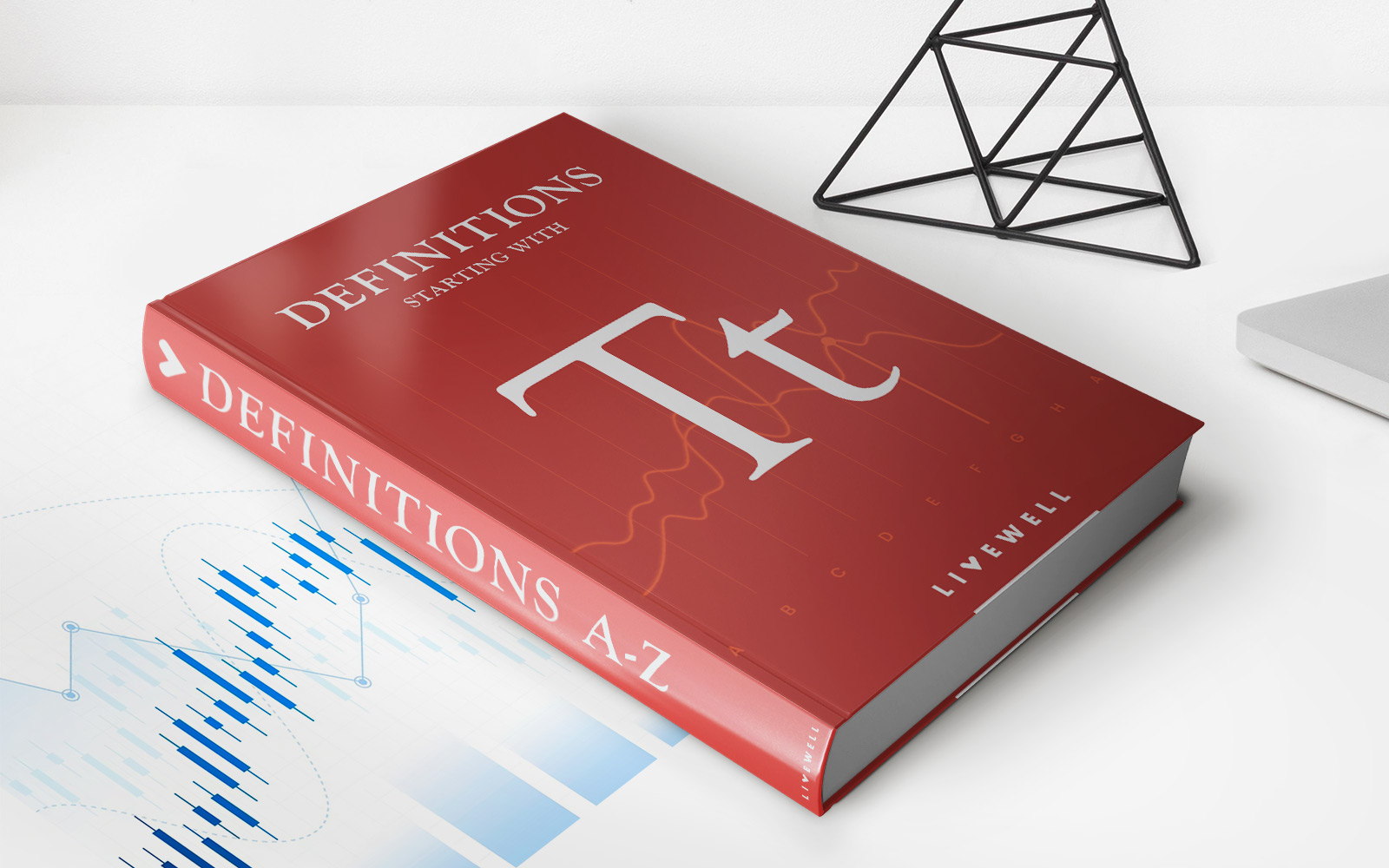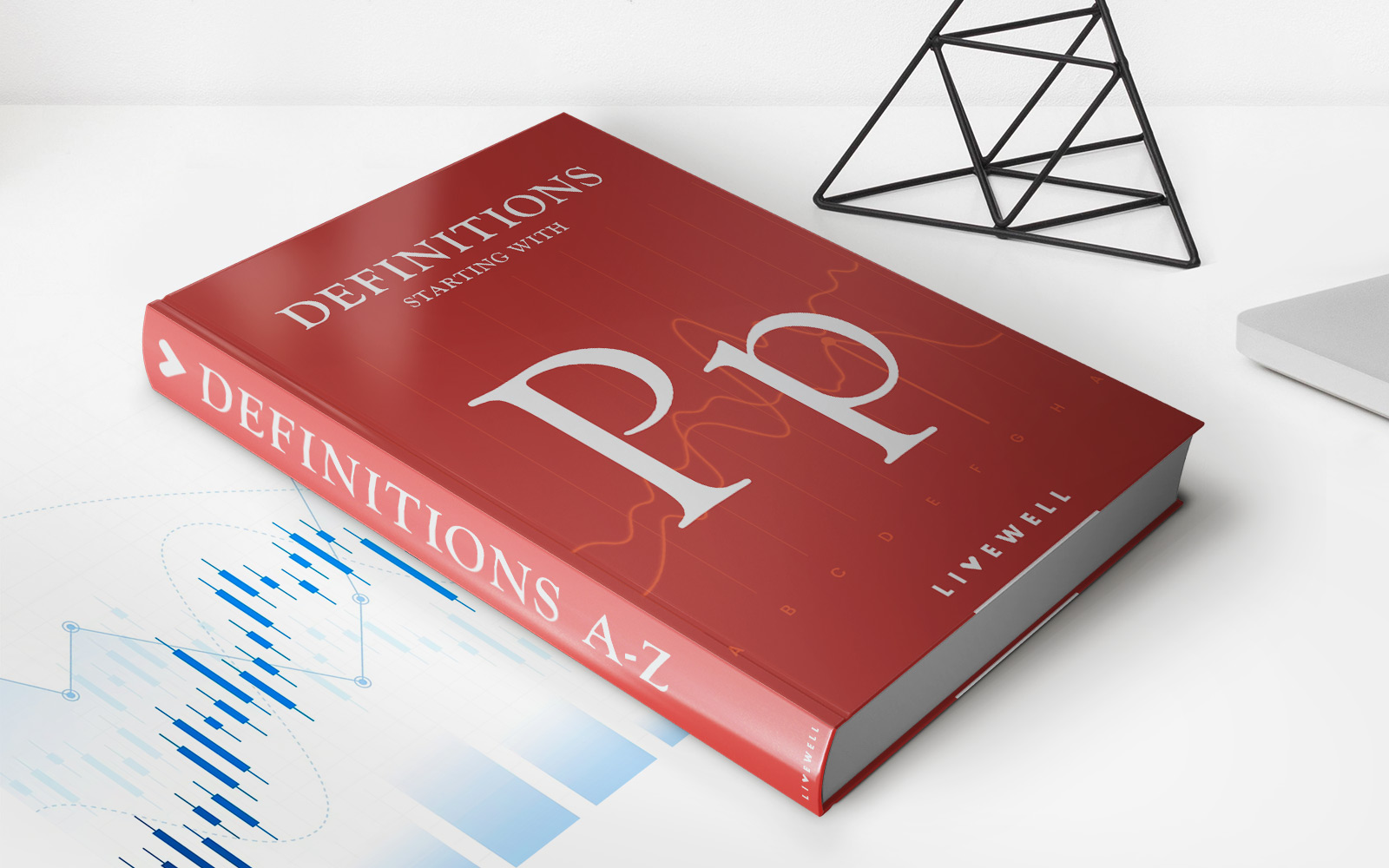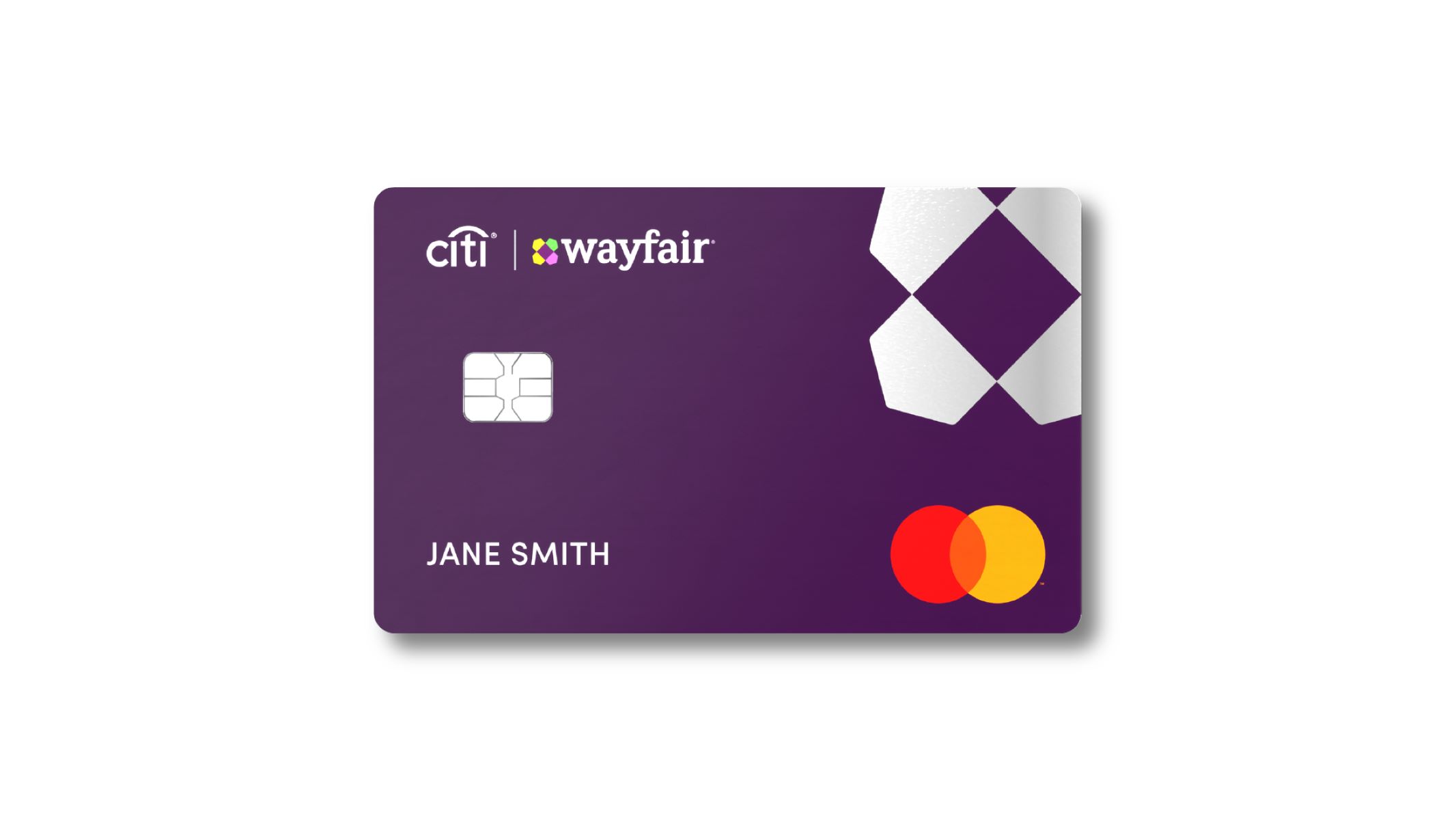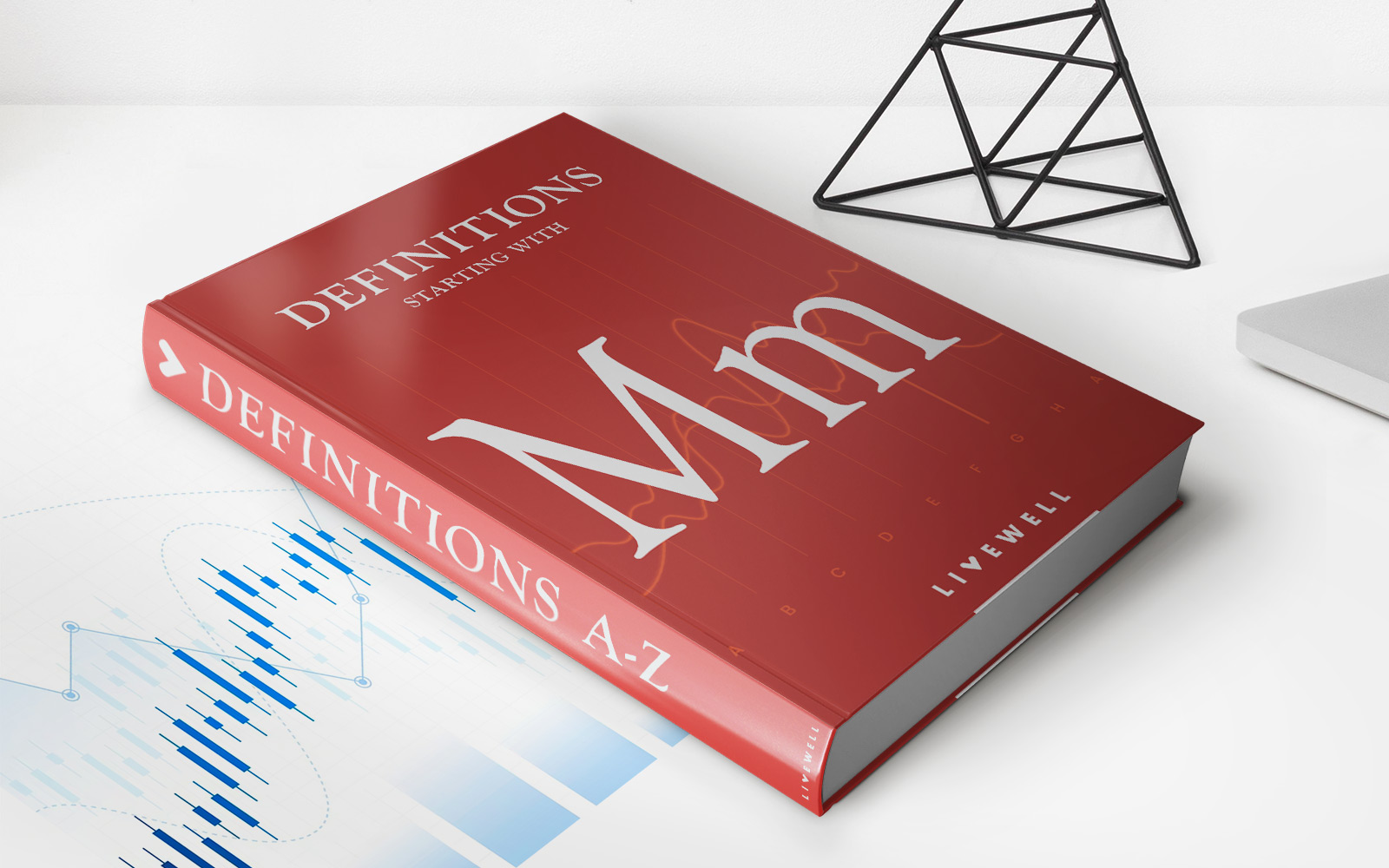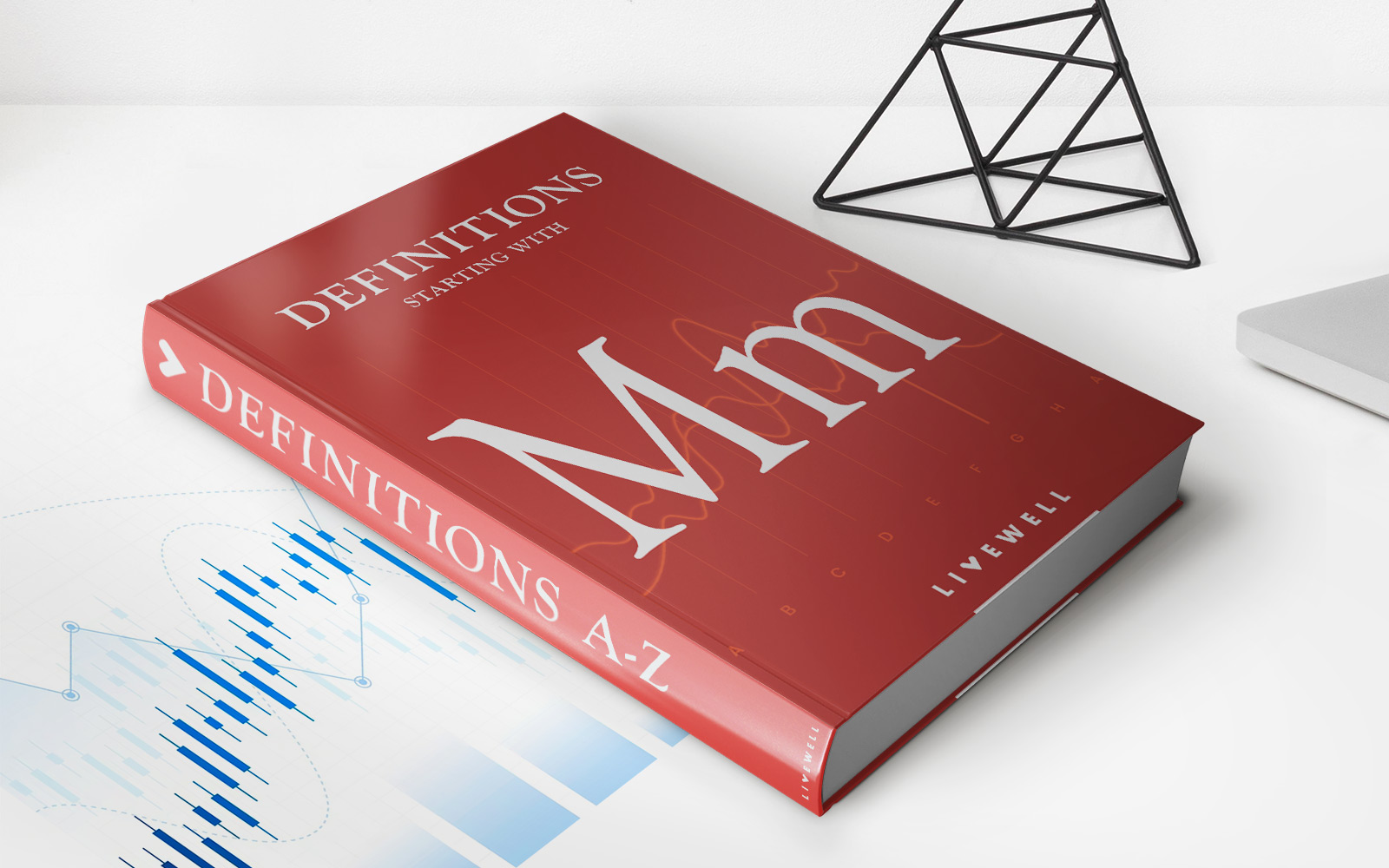

Finance
Medicare Hold Harmless Provision Definition
Published: December 24, 2023
Learn the meaning of the Medicare Hold Harmless Provision in finance. Discover how this provision protects Medicare beneficiaries from increased premiums and ensures affordable healthcare.
(Many of the links in this article redirect to a specific reviewed product. Your purchase of these products through affiliate links helps to generate commission for LiveWell, at no extra cost. Learn more)
Understanding the Medicare Hold Harmless Provision
Welcome to the Finance category of our blog! Today, we will be delving into an important aspect of Medicare – the Hold Harmless Provision. Medicare can be quite complex, and understanding its various provisions is crucial for making informed decisions about healthcare coverage. In this article, we will explore the Medicare Hold Harmless Provision, what it entails, and how it can impact your medical expenses.
Key Takeaways:
- The Medicare Hold Harmless Provision protects most Medicare beneficiaries from substantial increases in their Part B premiums.
- This provision is designed to prevent a decrease in Social Security benefits due to a significant increase in Medicare premiums.
Now, let’s dive deeper into the Medicare Hold Harmless Provision.
The Medicare Hold Harmless Provision is a safeguard that protects most Medicare beneficiaries from drastic increases in their Part B premiums. Part B covers services like doctor visits, outpatient care, and preventive services. Without the Hold Harmless Provision, many seniors might struggle with the financial burden of higher Part B premiums.
So, how does the Hold Harmless Provision work? Simply put, it prevents Medicare beneficiaries from paying higher premiums for Part B when the cost-of-living adjustment (COLA) in their Social Security benefits is not enough to cover the increase. Essentially, if the Part B premium increase exceeds the COLA adjustment, beneficiaries are held harmless and only pay an amount equal to the increase in their Social Security benefits.
The underlying principle of the Hold Harmless Provision is to prevent a decrease in Social Security benefits due to a substantial increase in Medicare premiums. It ensures that Medicare beneficiaries are not left with less money to cover their other expenses, such as housing, food, and utilities.
It’s important to note that the Hold Harmless Provision primarily affects those who receive Social Security benefits and enrolled in Medicare. However, not all Medicare beneficiaries are eligible for this provision. Those who are new to Medicare, higher-income individuals, and certain beneficiaries who are not receiving Social Security benefits may still experience higher Part B premiums.
As with any Medicare provision, it’s crucial to review your own circumstances and consult with a healthcare or financial professional to determine how the Hold Harmless Provision specifically affects your situation. They can provide personalized advice based on your income, Medicare eligibility, and Social Security benefits.
In conclusion, the Medicare Hold Harmless Provision is a crucial aspect of the program that protects most beneficiaries from experiencing a significant increase in their Part B premiums. Whether you are already enrolled in Medicare or will be eligible in the future, understanding this provision can help you plan and budget for your healthcare expenses more effectively.
If you have any questions or need further information about the Medicare Hold Harmless Provision, don’t hesitate to reach out to our team. We’re here to help you navigate the complex world of finance and healthcare!
